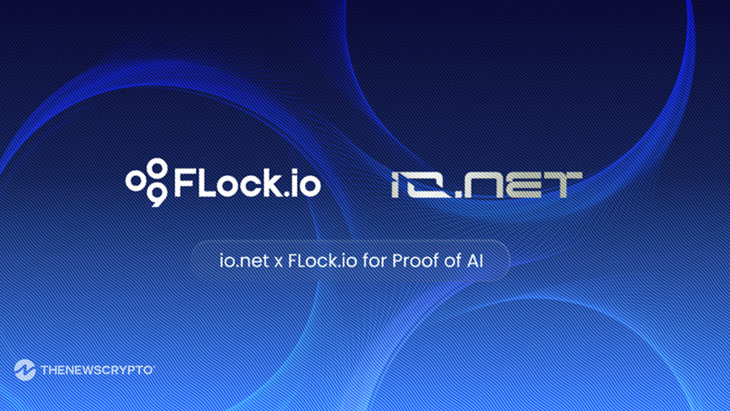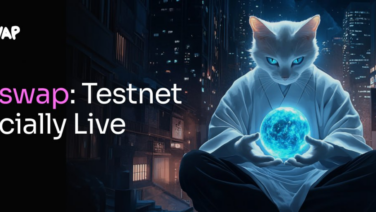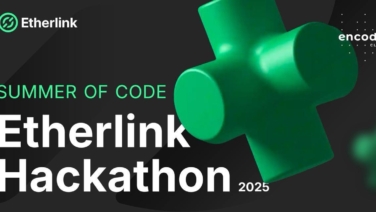FLock and io.net have collaborated to develop the first Proof of AI (PoAI) consensus mechanism in the world, which validates the integrity of nodes functioning inside a decentralized compute network.
Through the completion of compute-intensive AI training tasks, decentralized physical infrastructure networks (DePINs) may use PoAI to verify the integrity of DePIN nodes. PoAI is a Proof of Work that is inherent to AI that focuses verification resources on meaningful AI tasks. It enables nodes to get block rewards from AI training networks, in this case both IO.net and FLock.io, in addition to DePIN.
The mechanism uses a decentralized, AI-native method to validate the integrity of DePIN nodes. It consists of an engine that continually issues challenges, gathers responses, and provides essential metrics (e.g., latency, score deviation, data accuracy) that io.net nodes need to compile judgments.
Jiahao Sun, Founder and CEO of FLock stated:
“AI engineers and end users alike need to trust the quality of the compute resources they are provided with, and Proof of AI is the key to achieving that. Compute underpins the entire AI development process, which is why we’re starting with that, and we are delighted to join forces with io.net, a true leader in its field.”
Providers of decentralized AI ecosystems may use PoAI to verify the integrity of the participants in their networks and guarantee accurate and superior computational AI training inputs. FLock is in charge of consistently providing challenges that outline anticipated behavior from GPU devices based on variables like TFLOPS and VRAM. These challenges are generated synthetic data by inference on an LLM.
By establishing a flywheel, the PoAI service will link decentralized AI DePIN platforms with FLock’s flagship decentralized training platform. In the future, FLock intends to expand PoAI’s verification capabilities beyond compute to include federated learning and AI training. The development of a specialized AI chain is also being considered.
io.net CEO and Co-founder Tory Green predicted:
“The arrival of Proof of AI will assuredly lead to tremendous improvements in AI model training and inference over decentralized compute networks. I am confident GPU node operators, as well as the wider AI/ML developer community, will welcome Proof of AI with open arms – we certainly have.”
Though it is a significant task to synthesize and clean 15 trillion tokens (the amount utilized in LLama3 training), synthetic data has been shown to be quite helpful for model training. As a result, FLock Task Creator and Training Node will request LLMs for batch inference, and FLock Data Generation will use idle GPU resources for this purpose.
Long-term viability of decentralized AI depends on Decentralized AI GPU networks, yet many unscrupulous players continue to try to manipulate the system. Maliciously tricking the network into thinking they have more computational power than they really have is a popular method of doing this.
Even with minimal contributions, node operators may behave dishonestly and still get rewards from the network if strong deterrent measures are not implemented. The node integrity verification issue is difficult to solve because malicious actors may fabricate resource representations in order to get rewards without having to put in any effort.
FLock and io.net believe they have achieved a significant breakthrough with Proof of AI, laying the groundwork for further developments in the field of decentralized AI.







